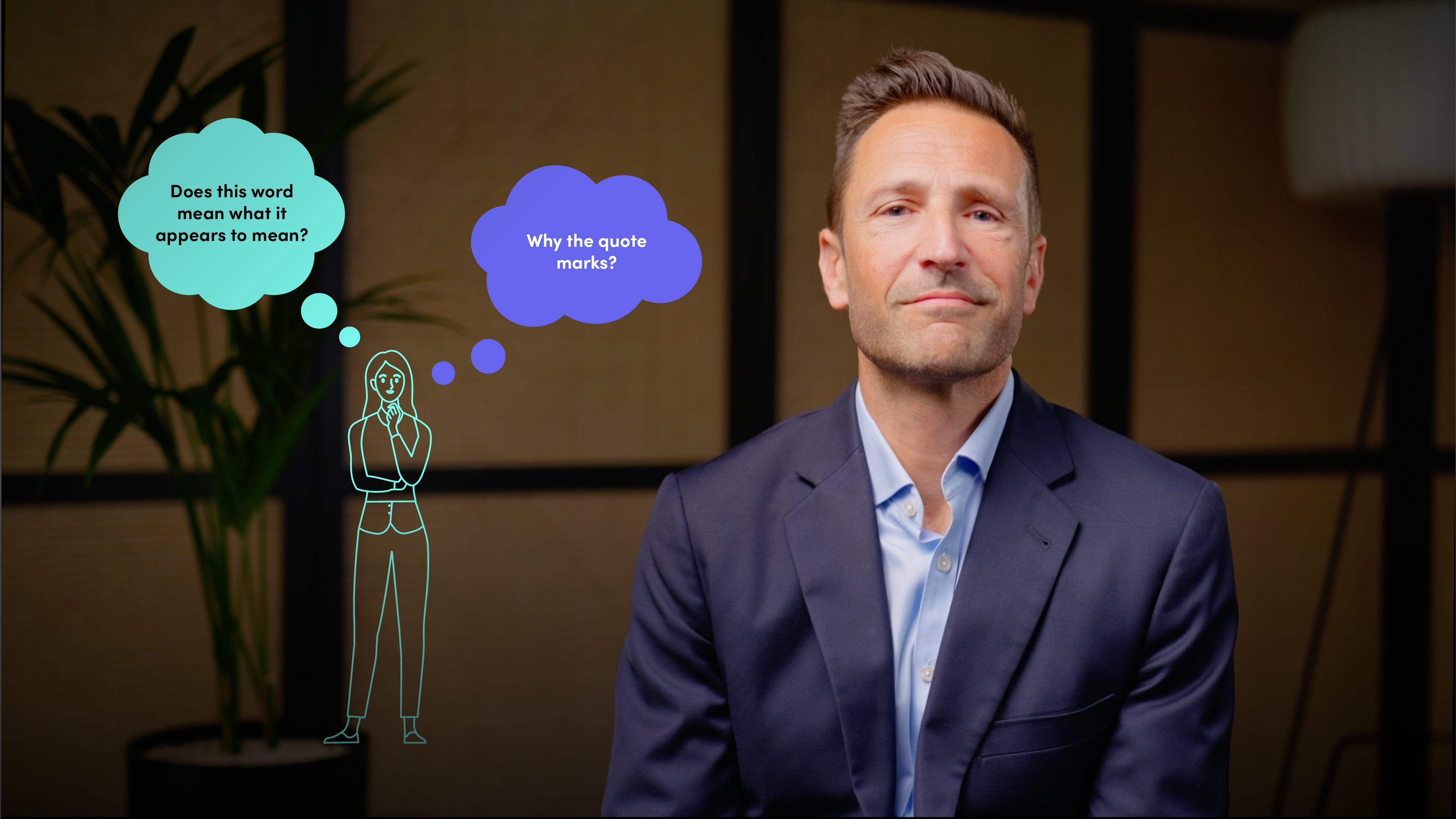
Techniques to Write with Impact

Ben McLannahan
In this video, Ben explains how to take your writing to the next level through careful editing. He covers common mistakes to watch out for, practical strategies to refine your text, and tips to make your writing clear, concise, and engaging for any reader.
In this video, Ben explains how to take your writing to the next level through careful editing. He covers common mistakes to watch out for, practical strategies to refine your text, and tips to make your writing clear, concise, and engaging for any reader.
Subscribe to watch
Access this and all of the content on our platform by signing up for a 7-day free trial.

Techniques to Write with Impact
7 mins 1 sec
Key learning objectives:
Understand the importance of critical editing to enhance clarity and effectiveness in writing
Outline common writing mistakes and how to correct them
Identify practical strategies to make writing concise, clear, and engaging
Overview:
Subscribe to watch
Access this and all of the content on our platform by signing up for a 7-day free trial.
- The use of jargon that alienates or confuses readers
- Vague or uncertain language that undermines confidence
- Unnecessary words or adverbs that clutter sentences
- Mixed metaphors that create confusing imagery
- Truisms that add nothing new
- Inverted sentence structures that obscure the main point
Subscribe to watch
Access this and all of the content on our platform by signing up for a 7-day free trial.
There are no available Videos from "Ben McLannahan"






























